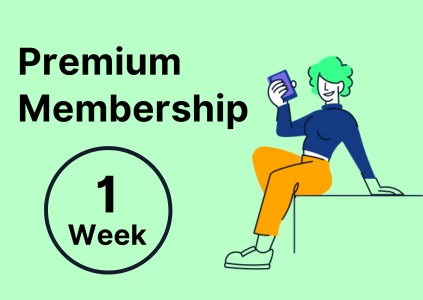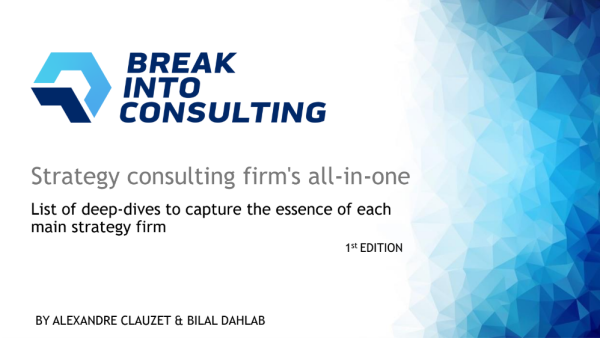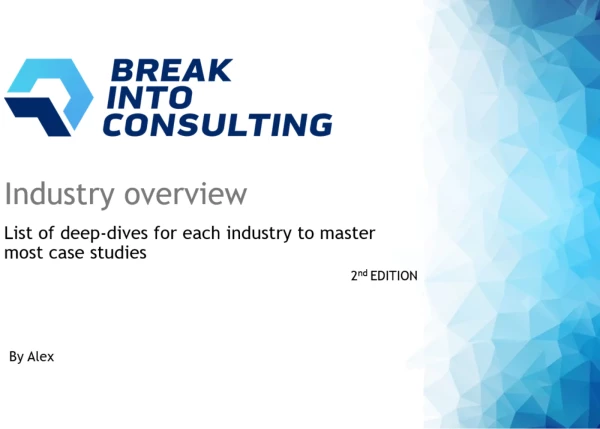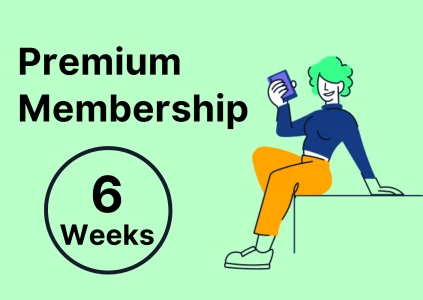This is my last question for today, promise :)
Actually Victor Cheng has already answered this in one of his threads on this website, but I cant say I still fully grasp, so if anyone here does, that would be excellent of course.
When stating a hypothesis, I noticed that my case partner on this website usually states hers very early on, right after she has set up her structure. Often with no information to support it. (e.g. my question: "should client X enter the market?", she: "My hypothesis is that client X Should enter the market, I would like to look at these areas to see whether this is the case". or my question: "what is the reason behind declining profitability?", she: "My hypothesis is that the reason lies on the revenue side".
But in sciences you are taught that the Hypothesis must be based on something, info that points in a direction. Isn't it then odd/invalid to throw out a hypothesis like that with no information yet? At the same time, Victor Cheng says (if I remember correctly) that one shouldve stated a hypothesis a few minutes into the case already. Which is rather contradictory then.
In a parallell manner, I am also wondering if stating a hypothesis in an Interviewer-led/Mckinsey style case should be done (one girl I interviewed with here told me I shouldn't do it), and if yes, if there is anything different in terms of approach/process.
Many thank you!
(editiert)






